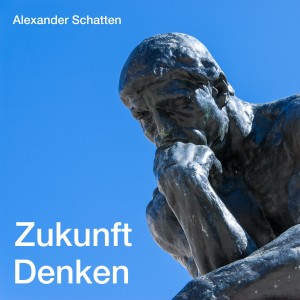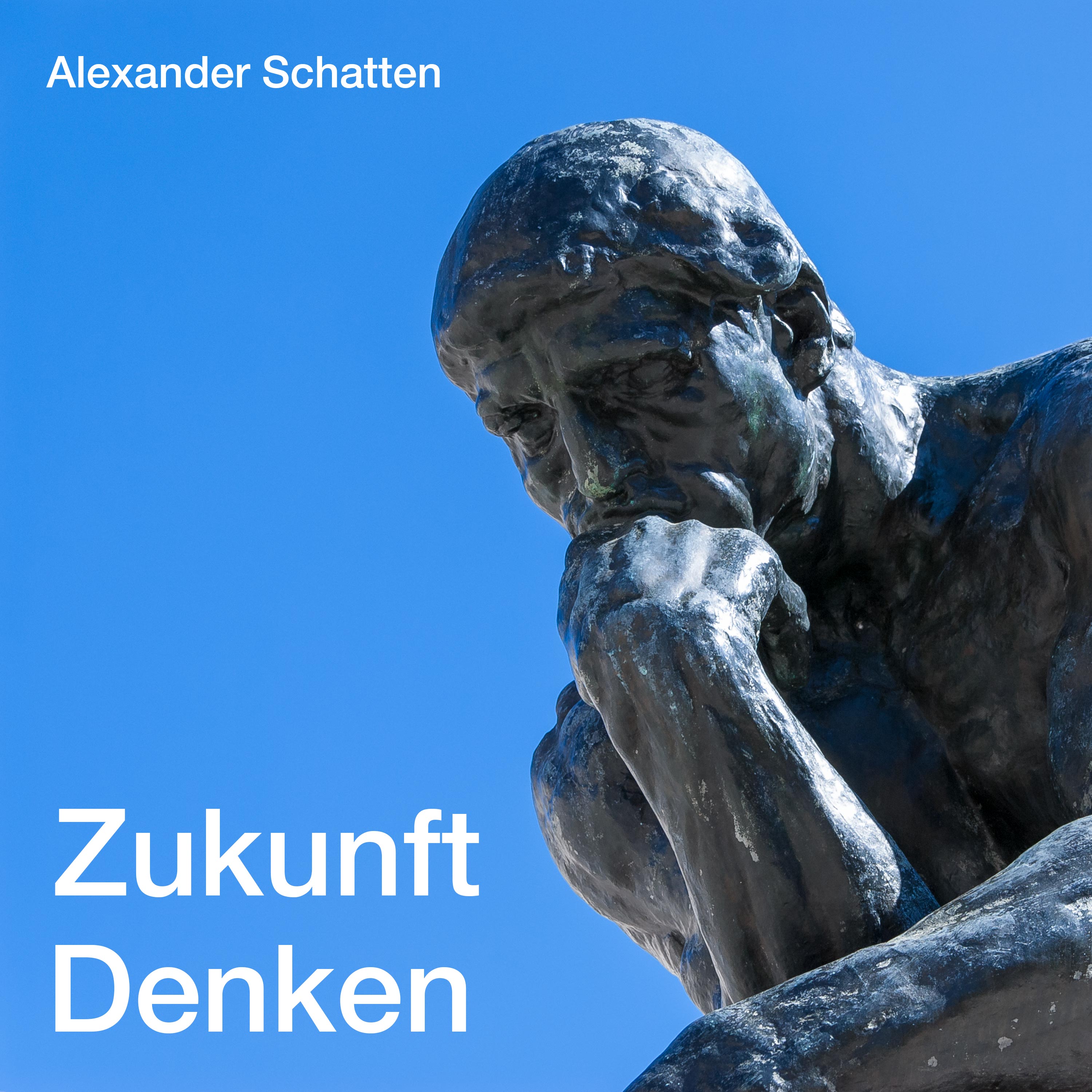Episodes

Monday Jul 14, 2025
129 — Rules, A Conversation with Prof. Lorraine Daston
Monday Jul 14, 2025
Monday Jul 14, 2025
The title of today’s episode is “Rules.” The term “rules” encompasses a variety of concepts, including algorithms, maxims, principles, models, laws, regulations, and even laws of nature. In essence, rules shape our world and our lives. My guest for this conversation is Prof. Lorraine Daston.
Lorraine Daston is Director Emerita at the Max Planck Institute for the History of Science in Berlin, a Permanent Fellow of the Wissenschaftskolleg zu Berlin, and a Visiting Professor in the Committee on Social Thought at the University of Chicago. After studying at Harvard and Cambridge Universities, she taught at Princeton, Harvard, Brandeis, Chicago, and Göttingen Universities before becoming one of the founding directors of the Max Planck Institute for the History of Science in Berlin, serving from 1995 until her retirement in 2019. She has published extensively on topics in the history of science, including probability, wonders, objectivity, and observation. She is a member of the American Academy of Arts and Sciences, the American Philosophical Society, the Leopoldina National Academy of Germany, and a corresponding member of the British Academy.
One of her recent books, titled Rules — the namesake of this episode — will be at the center of our discussion. For our German audience, a German translation of this book is also available.
This episode has another inspiring connection: in Episode 120, I spoke with her husband, Prof. Gerd Gigerenzer. If you are German-speaking, I highly recommend listening to both episodes, as you’ll find a number of overlapping and complementary topics and ideas.
We start with tie question: what are rules, algorithms, maxims, principles, models, laws, regulations — and why such a wide net was cast in the book.
»One way of thinking about rules is to think about them along the axis of specificity versus generality.«
What are thick and thin rules then? Is this a second axis, perpendicular perhaps, to the previous? When are we supposed to exercise judgement — or is a rule supposed to cover all circumstances? How does an unstable and unpredictable world fit into this landscape of rules?
“No rules could be given to oversee when and how rules could be legitimately broken without an infinite regress of rules, meta-rules, meta-meta-rules, and so on. At some point, executive discretion must put an end to the series, and that point cannot be foreseen.”
What about Immanuel Kant and his book titles?
Did our lives become more or less predictable?
»Seit der Antike gilt: es ist egal wann sie geboren sind oder sterben, es läuft immer dasselbe Stück – Dies stimmt seit 200 Jahren nun nicht mehr.«, Peter Sloterdijk
Is the assumption correct that in the past lives were very unpredictable in the short term but rather predictable in the mid and long term, where this is the opposite today?
What can we learn from the rule of St. Benedikt?
Why is it impossible to define rules without exceptions and judgement — what is Wittgensteins example?
“Even what seems to us a straightforward rule — does require interpretation. […] We cant simply solve the problem of rule following by adding meta-rules of interpretation. This is a procedure which will go on to infinity.”
Why is this a deep and fundamental problem for bureaucracies? What happens if rules get overbearing?
How do we teach rules? Why is “rule as model” an important concept? How do we know that we mastered something?
»I think typical of the things we do best that we are no longer conscious of doing them«
What is the relation between power and rules? We makes the rules, who executes the rules and who has to follow the rules?
“sovereignty as the power to decide on the exception” Carl Schmitt
The German scientist Thomas Bauer asks the question: Did we loose are tolerance for ambiguity?
»Wer Eindeutigkeit erstrebt, wird darauf beharren, dass es stets nur eine einzige Wahrheit geben kann und dass diese Wahrheit auch eindeutig erkennbar ist.«
»Nur dann, wenn etwas rein ist, kann es eindeutig sein.« Thomas Bauer
What is the connection between tolerance for ambiguity and trust?
»There is something really quite strange going on here about this voracios appetite for control, predictability and certainty. The more you have, the more you want.«
Does the desire for purity lead to moralistic arguments and dogmatism? What can we learn from Francois-Jacques Guillote and total surveillance and control in the 18th century and today?
»The more you try to close the loop holes, the more loop holes you create«
What do we learn from all that about the modern world? Do complex societies/organisations need more or less rules? How should these rules be designed?
»It's much better to have a system which has very few rules and the rules are formulated as general principles.«
Roger Scruton asks a fundamental question: What comes first, rules or order?
»We should always remember that legislation does not create legal order but presupposes it.«
What is the relation between knowlesge and power (of rules)?
»It is far easier to concentrate power than to concentrate knowledge.«, Tom Sowell
What about »laws of nature« — how do they fit into the picture of rules? Why do we call regularities of nature »laws«? Can god change the laws of nature? What did Leibniz have to say about that question?
»Something which is entirely without precedent and without any kind of reference to a previously existing genre often just appears chaotic to us.«
And finally, what do rules mean for culture and entertainment? Is there entertainment without rules? Do rules trigger creativity?
»Much as we complain about rules, much as we feel stifled by rules, we nonetheless crave them. […] one definition of culture is: culture and rules are the same thing,«
Is individual freedom in an over-regulated society even possible? Have we traded alleged safety for freedom? Will we finally make the important steps back to accountability and further to resposibility?
Other Episodes
-
Episode 122: Komplexitätsillusion oder Heuristik, ein Gespräch mit Gerd Gigerenzer
-
Episode 126: Schwarz gekleidet im dunklen Kohlekeller. Ein Gespräch mit Axel Bojanowski
-
Episode 123: Die Natur kennt feine Grade, Ein Gespräch mit Prof. Frank Zachos
-
Episode 118: Science and Decision Making under Uncertainty, A Conversation with Prof. John Ioannidis
-
Episode 116: Science and Politics, A Conversation with Prof. Jessica Weinkle
-
Episode 110: The Shock of the Old, a conversation with David Edgerton
-
Episode 107: How to Organise Complex Societies? A Conversation with Johan Norberg
-
Episode 90: Unintended Consequences (Unerwartete Folgen)
-
Episode 79: Escape from Model Land, a Conversation with Dr. Erica Thompson
-
Episode 58: Verwaltung und staatliche Strukturen — ein Gespräch mit Veronika Lévesque
-
Episode 55: Strukturen der Welt
-
Episode 50: Die Geburt der Gegenwart und die Entdeckung der Zukunft — ein Gespräch mit Prof. Achim Landwehr
References
-
Prof. Lorraine Daston
- Selected Books by Prof. Daston
-
Lorraine Daston, Regeln: Eine kurze Geschichte, Suhrkamp (2023)
-
Lorraine Daston, Rules: A Short History of What We Live By, Princeton Univ. Press (2022)
-
Lorraine Daston, Peter Galison, Objectivity, MIT Press (2010)
-
Lorraine Daston, Against Nature, MIT Press (2019)
-
Lorraine Daston, Katharine Park, Wonders and the Order of Nature, 1150-1750, Zone Books (2001)
-
Lorraine Daston, Rivals: How Scientists Learned to Cooperate, Columbia Global Reports (2023)
-
-
Immanuel Kant, Kritik der reinen Vernunft (1781)
-
Immanuel Kant, Prolegomena zu einer jeden künftigen Metaphysik, die als Wissenschaft wird auftreten können (1783)
-
Thomas Bauer, Die Vereindeutigung der Welt: Über den Verlust an Mehrdeutigkeit und Vielfalt. Reclam (2018)
-
Roger Scruton, How to be a Conservative, Bloomsbury Continuum (2014)
-
Thomas Sowell, intellectuals and Society, Basic Books (2010)


No comments yet. Be the first to say something!